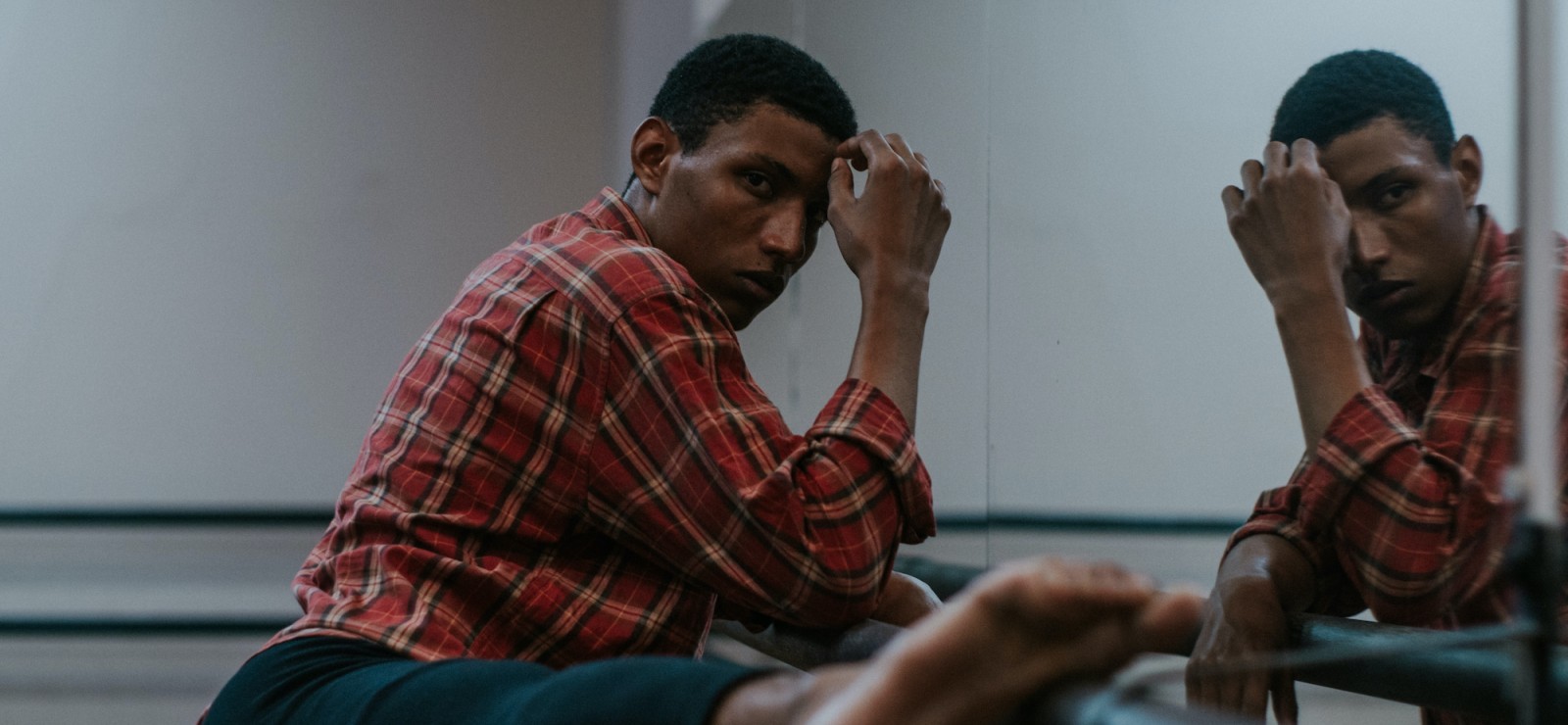You’ll see more women than men at the opera. Why? Susan Lagaert (Department of Sociology) has an explanation.
'From every empirical study, it appears that women tend to participate more often in high-brow cultural activities, such as opera, ballet, and poetry. Socio-cultural explanations for this focus on adults, while these differences already manifest themselves among adolescents. What boy has never been told that ballet is ‘an activity for girls’?'
'I suspect that these differences are related to gender identity. I discussed this with my colleague Wendelien Vantieghem during our coffee breaks. As part of the Procrustes project, she is studying how gender-conforming behaviour coincides with young people’s performance at school. She suggested that we test my hypotheses with the project data. During the Procrustes project young people aged 12 and 13 were asked whether they would like to learn to play an instrument, learn to draw or model with clay or take diction classes. The project also asked questions about their gender identification and the pressure they felt to comply with gender stereotypes. How would other boys react if you were to learn something usually only ever relegated to girls?'
'Interestingly enough the boys who considered themselves ‘an average boy’ and felt more pressure to conform to gender stereotypes were less demonstrated less interest in music, art and drama. So cultural preferences are already influenced from an early age by gender identification and the pressure to conform. In adulthood, this type of fault line expands into the gap present in high-brow cultural participation.'
Read also
‘Women are not just copies of men with breasts and ovaries.’
Van wetenschappelijk onderzoek tot medische behandelingen, decennialang stond de man centraal in de medische wereld. Betekent dat dan ook dat vrouwen daardoor minder goede zorg krijgen?
Feminism: more than a gender discussion?
What is feminism? Ask feminists of different generations and you will get a different answer. Equally, the way feminists are viewed has also evolved. A conversation about the importance of gender, inclusiveness and the future of feminism.


